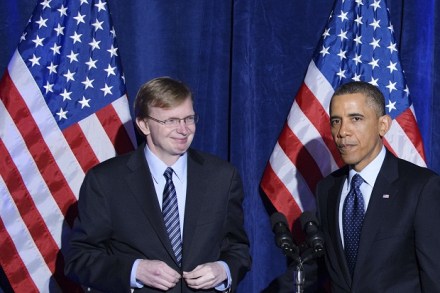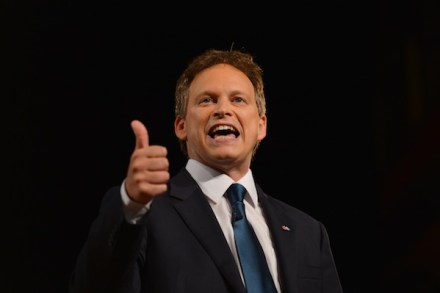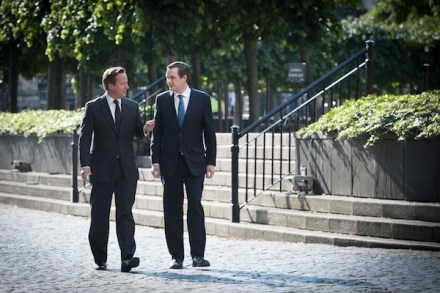Matt Hancock sketches an incumbent’s re-election argument
Matt Hancock is both a competent economist (read his account of the Great Recession) and a keen political strategist. Where possible he has used his position as minister for skills to position the coalition on the compassionate side of the employment argument; for example, with his considered support for the minimum wage. Yesterday, in an article for ConservativeHome, he pre-empted Labour’s attempt to shift economic focus to the cost of living, now that hopes of a recovery are building. He made two basic points: 1). Labour’s record on the cost of living is abysmal – wages did not keep pace with growth during the boom. He says that gross disposable income



















